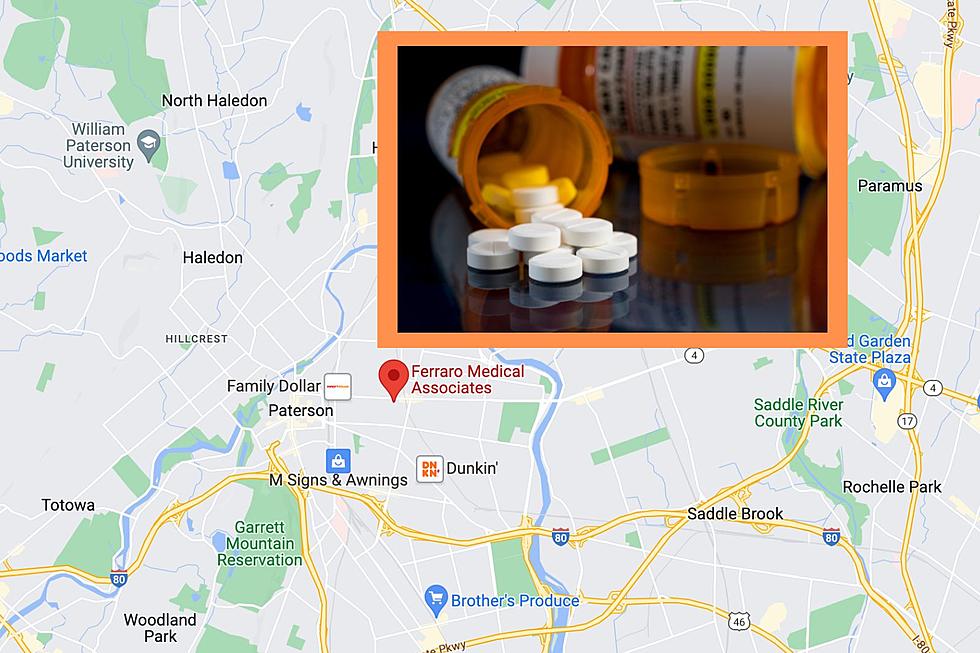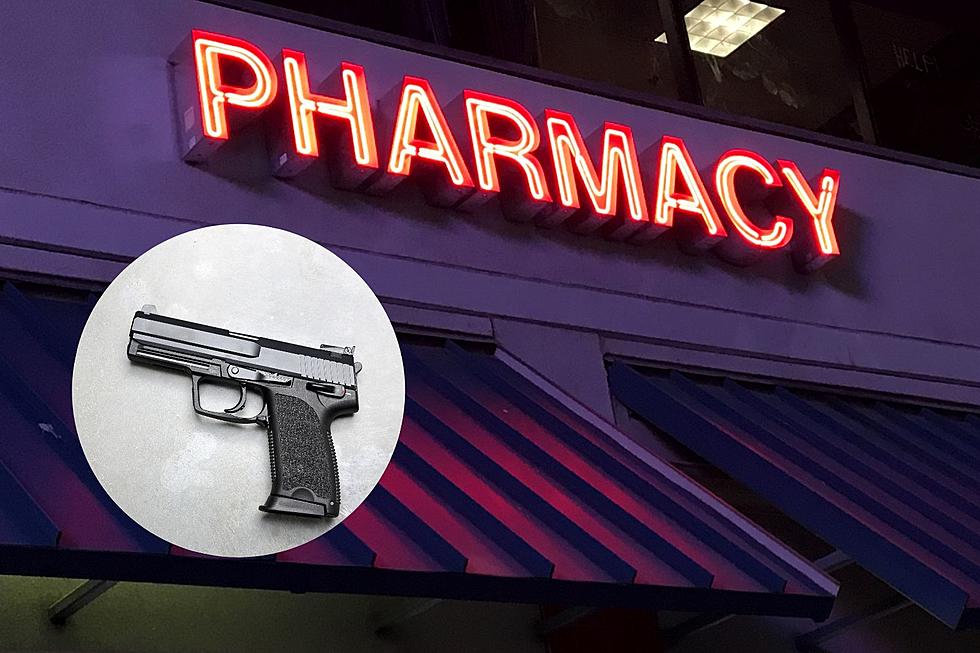
Medicines, electricity … horses? — Cutting-edge cures for addiction
New Jersey 101.5 will hold a special town hall on opioid addiction Wednesday at 7 p.m. Listen to 101.5 FM or watch the video online.
To help those who have become addicted to opioids, a growing number of doctors in New Jersey are using medication-assisted treatment (MAT) in combination with counseling and behavioral therapies.
The principal drugs used in MAT are methadone, naltrexone and buprenorphine, but as we learn in our next segment of Battling Addiction series, several new treatments are also being developed, while there is also a growing recognition of the value of long-standing holistic therapies.
Don Parker, the president and CEO of Hackensack Meridian Health Carrier Clinic, and president of all of the behavioral health services in 17 hospitals in the Hackensack Meridian Health system, said that after years of clinical research the use of transcutaneous electrical nerve stimulation (TENS) for the brain could soon help make detox easier.
“We now are doing it with the brain, and it takes about five days of twice-a-day treatment. We can demonstrate the restoration of the function of your hypothalamus — that’s the organ that really suffers from opioid addiction," he said.
He said TENS for the brain helps to, in a sense, reset your hypothalamus and can make relapsing less likely.
He said there is also testing being done on a brain stimulator based on acupuncture that fits behind your ear like a hearing aid.
“It gives little currents, small currents to you, and it actually diminishes the impact of the detoxification process, so it reduces pain substantially," he explained.
Another new treatment being studied involves the drug esketamine, which is used to treat depression. He said by preventing depression, serious drug abuse can be stopped before it starts in some cases.
Parker said along with these therapy treatments, there is increasing use of integrative medicine techniques when a patient goes through detox and rehabilitation.
“We have an equine therapy program. We just built a barn in the last couple of years, so we’ve got our own horses, we’ve got birds, we’ve got donkeys, we’ve got all kinds — it’s a menagerie around here. Our patients relate to animals.”
He said having a connection with an animal has great therapeutic value, and helps patients relax and heal.
“You get to pet and play and interact with them without any fear, it’s hard to do, you can’t touch anybody in today’s world, you shouldn’t, but with an animal you can be much more intimate.”
He explained in equine therapy, “the patient actually has to create a relationship with a horse, and then take the horse through a number of different obstacles.”
He stressed this is especially important at a time when the average person is doing upwards of 50% of their communication on a cell phone or some other electronic device that does not include touching or eye contact.
Patients are also being introduced to tai chi, yoga, chi gung, (a coordinated body posture technique) and mindfulness.
Parker said there is significant evidence of the benefits of nature on the brain.
“You know when you go to your favorite place, I call it our calm scene, is it at the beach, is it at the mountains, is it on a trail, is it biking — where do you get your highs?”
He said when we take away a high that is manufactured in your life, such as an opioid drug during detox, “we’ve got to reproduce something in your life that will help you do that.”
He stressed when all of these different techniques from China, Europe and other parts of the world are used to help patients relax, “everything old is new again.”
You can contact reporter David Matthau at David.Matthau@townsquaremedia.com
More From New Jersey 101.5 FM









